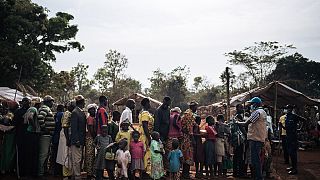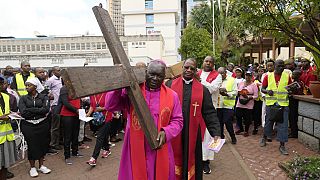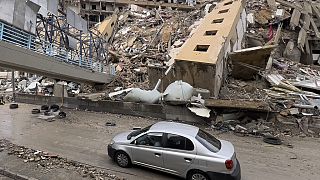Central African Republic
A three-day ministerial conference in Cameroon, which ended Wednesday, saw the UNHCR and seven central African states vow to come up with additional solutions for those who’ve fled their homes because of crises.
Will Central Africans displaced soon get more support? This is what a new declaration plans. A three-day ministerial conference in Yaoundé, which ended Wednesday, saw the UNHCR and seven central African states (Cameroon, The Central African Republic, Chad, the Democratic Republic of Congo, The Congo, Sudan and South Sudan) vow to come up with additional solutions for those who’ve fled their homes because of Central African crises.
The new regional coordination mechanism plans to impact the nearly 1.4 million displaced Central Africans.
Cameroon has received the most significant number of CAR refugees (345,000), followed by the Democratic Republic of the Congo (12,000), the Republic of Chad (119,000), the Republic of Congo (29,000), Sudan (28,000), and South Sudan (2,500).
The signatories of the Yaoundé Declaration further committed to supporting the implementation of the 2019 peace accord as well as the recommendations of the March 2022 National Peace talks.
Calling “for the international community to demonstrate greater solidarity and responsibility sharing, in accordance with the Global Compact on Refugees (GCR), countries of asylum also pledged to enhancing refugee protection and promote their socio-economic inclusion while they wait to go back home.
When they do not settle in Cameroon, the DRC or Chad, some Central African refugees return in their country. Over 100,000 of them returned home spontaneously between 2017 and 2021.













01:38
Chad hosts over 680,000 Sudanese refugees
01:03
Uganda: Victims of lightning strike buried
Go to video
At least 14 people die in lightning strike on refugee camp in Uganda
02:19
Thousands of refugees in Uganda struggle to get by, amid cuts in humanitarian aid
01:34
Widespread condemnation of Israel's decision to ban UN relief agency
01:57
CAR: MINUSCA head stresses “importance of” renewing stabilization mission’s mandate